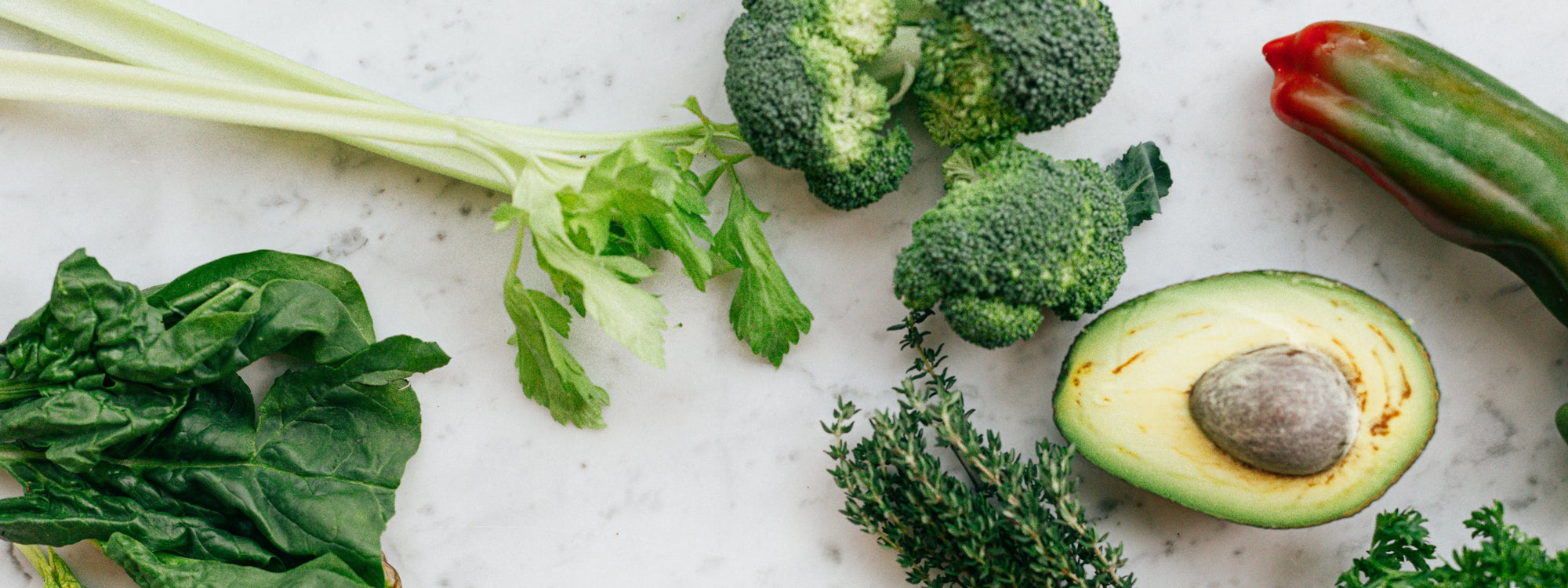Let’s start with some historical facts
People in ancient India and Greece had large populations who practiced strict vegetarianism.
Pythagoras is considered to be one of the first known vegetarians in ancient Greece. Pythagoras was known for his contribution to mathematics, but what is not well known is that he also spread the doctrine that every living creature should be regarded as a soul mate, which implies the rejection of meat consumption.
The widest development of vegetarianism is found in the East. Strict abstinence from eating meat was a fundamental point of many early religious and philosophical movements such as Hinduism, Brahmanism, Zoroastrianism and Jainism. While ancient scriptures called for non-violence and respect for all living beings.
So, what exactly is vegetarianism?
It's not simply abstaining from consuming meat, but rather the common name for a group of classifications.
The main types of vegetarianism include lacto-vegetarianism, ovo-vegetarianism, lacto-ovo-vegetarianism, veganism and raw food diet.
Lacto-vegetarians exclude from their diet all animal products, except dairy. Ovo-vegetarians exclude all animal products except eggs. And lacto-ovo-vegetarians don’t exclude dairy or egg products.
It’s important to mention veganism, as it is one of the most stringent diets. Vegans reject any food of animal origin. They eat absolutely no dairy or eggs, and they often exclude honey, too.
Raw foodists also don't eat any animal products, and their food never goes through heat treatment.
Ok, but why do people follow it?
Most often, people become vegetarians because they don’t want to eat animals and condemn the idea of raising them for subsequent slaughter. Some people don't care for meat and believe a meat-free diet is optimum for health. Lastly, vegetarians can be ardent environmentalists and believe deforestation and stock-raising can lead to increased greenhouse gas emissions.

Vegetarianism and weight loss
It is believed by many that the simple rejection of eating animal products will contribute to weight loss.
However, it’s not as simple as it seems. After switching to a vegetarian diet, some people certainly lose weight quickly, but others actually gain weight instead. This is indicative of an improperly prepared diet, but doesn't characterize the entire nutrition system as good or bad. When you eat the right amount of carbohydrates, proteins, fats and other nutrients, whether you are lacto-vegetarian or vegan, your body will come to a healthy setpoint and your weight will normalize.
Thus, if you change your diet and your weight begins to change rapidly, this is a serious reason to improve what you consume.
Health risks
One of the most common questions related to vegetarianism is, “Can it be dangerous?”
By refusing to consume animal products, we risk losing significant nutrients important for our health. For example, vitamin B12 is mainly found in liver, shellfish, beef, salmon, milk, cheese and eggs. Its deficiency can lead to anemia and will increase symptoms of fatigue, weakened muscles, nausea and a lack of appetite.
By living a vegetarian lifestyle, it’s important to supplement your diet with the correct nutrient levels. Some of these can be found in herbal products and others from nutritional supplements.
It’s also a good idea to always consult your doctor before making any drastic lifestyle changes.
Summing up
Like any specialized diet, vegetarianism requires awareness of what we eat and why. Our bodies require several important nutrients to remain healthy and it’s best to reckon with its needs. If you choose a vegetarian diet, it’s important to include any necessary supplements to maintain your health.





Share:
Causal Attribution: Why People Do What They Do
Allergy: features and ways to deal with it